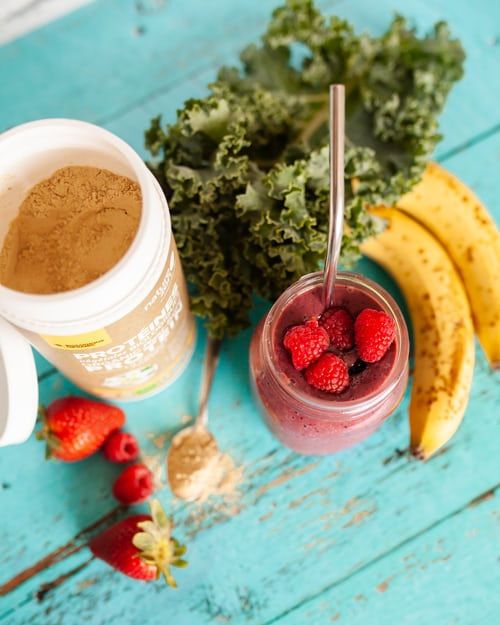Importance of protein intake for newbies, know what?
- admin

- Aug 18, 2021
- 2 min read

Hola! Beautiful n fit world!
“Workout”, “Gyming”, “Exercise”, “Yog” are becoming the in-thing for today’s millennials. For guys usually these terms are for a body like ‘Arnold’ and for girls it’s like ‘Shilpa sa figure’. Ever wonder why despite doing hard workouts[1] that dream of ‘Arnold’ or ‘Shilpa’ is often not achieved? Answer lies in the critical element that’s often missed – DIET. Diet is not just about eating healthy or avoiding fried stuff but rather it’s about eating the right thing, in right quantity and at the right time! This post is not about coaching on the diet but on a vital diet element for work outs – PROTEIN.
Protein – the building blocks
Proteins, the building blocks, is probably ‘the most important’ nutritional supplement to achieve strength / physique, fat loss and work in multiple ways:
building, protecting & regenerating the muscles;
provide immune support;
support body hydration; and
maintain the pH level in blood.
And the most important thing that protein help is to provide energy when one cuts down on the carbs!
For beginners, explore the world of proteins sources
Starting with the sources, proteins are either animal based (whey / casein / egg beef / chicken) or plant based (soya / pea / brown pea / chickpea). Fundamental difference between the two is the content of amino acid - animal ones are usually complete as they have all the nine essential amino acids (EEA) whereas the plant ones usually lack one or more of the EEAs. Good news for the vegetarians is that consuming different plant-based proteins will complete the package.

Shakes v whole food protein
The next consideration - protein powders (shakes) v. whole food protein. While the daily requirement can be fulfilled by either, shakes generally contain lesser nutrient value (than whole foods). Shakes do go a long way in reducing the weight and building the body but for a better nutritional punch, go for a whole food protein (and use shakes as a complement).
Selection of protein based on your goal
Remember the golden rule – ‘one size does not fit all’, so before you decide, assess factors including the workout intensity, body metabolism and your intended target.
Muscle growth – Protein should have a high biological value (BV) - BV indicates how well the body can absorb and utilize the protein.

Weight loss - Avoid protein (esp. shakes) with sugar, sweetness for starch, branched chain amino acid and these tend to aid weight gain.
Vegan – Use 100% plant based proteins.
Medical conditions
Medical condition should be considered while making the choice. For instance, diabetics should choose sugar free options whereas people with kidney stone should opt for supplements with less protein content (10-15 gram per serving).
Timing and quantity
Ideal time to consume protein is within an hour of the workout – helps repair the damaged tissues and also aid in the muscle growth. Finally, what’s the right quantity – again depends on one’s specific needs but to start – 3 ounces (20 grams) per meal should be good start.
‘Rome was not built in a day’ so don’t expect to build a great physique in a short span, take the right steps and soon you’ll be there!









Comments